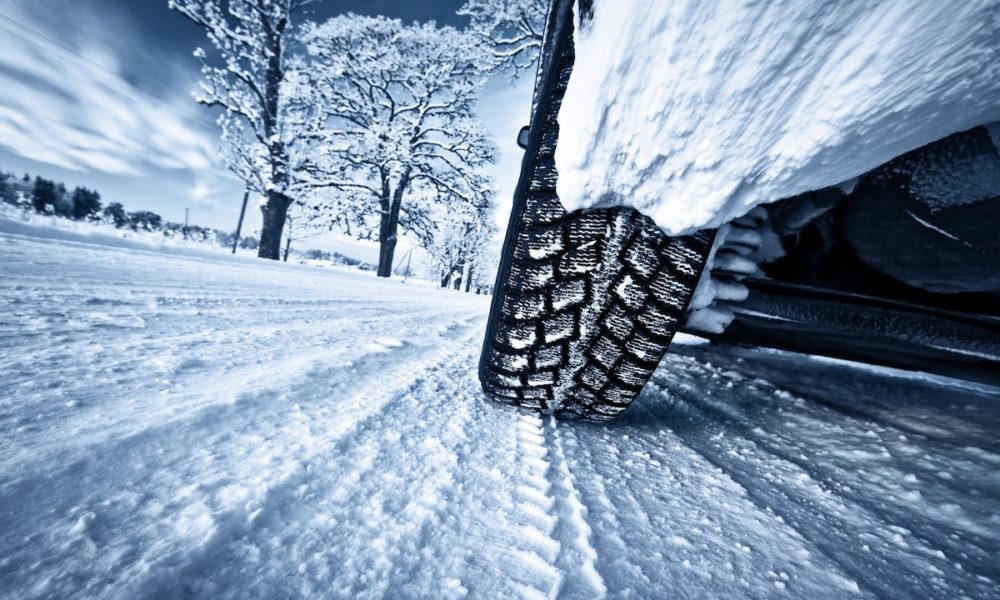Nearly every winter tire will grasp better on ice and snow than an all season tire. With the best snow tires, you will see a dramatic difference. In the past, snow tires dampen sharp tires for a punishing ride, but the top rubberized snow tires roll soundlessly and easily, though studded snow tires still clatter noisily. Snow tires softer rubber tire consumes quicker than all season wheels, but great models should last 20, 000 miles or more. Winter tires do not normally take treadwear guarantees, but the best ones always take at least a five year guarantee against defects in materials and workmanship.
Do you want winter tires, or will all season tires suffice? If you on a regular basis drive on snowy, icy roads, nearly every winter tire may quit faster, climb hills better and prevent your vehicle from sliding around icy corners more proficiently than all season tires. Even when there isn’t any snow or ice, winter tires will remain softer and perform better in cold temperatures. Do you see lots of rainy or dry winter days? If so, operation winter tires could be your best bet. They’ll keep you ready for ice and snow storms, without having to sacrifice grasp on cold, dry or wet pavement.
Despite their name, operation snow tires are a great option for almost any passenger vehicle driven where ice and snow are likely, but where heavy snow collections are not a common occurrence. Do you need studded snow tires? Studded winter tires have integrated metal tooth that bite into ice. They grasp better on ice than the studless variations in tests, but they’ve two big drawbacks: They are noisy plus they can harm pavement. For that reason, some claims ban or limit studded tires. Some research has shown that studs are more useful for a relatively narrow selection of problems – when conditions are in or near zero.
After testing both types, ConsumerReports.org concludes that Studded models do indeed grasp well on ice, but they do not always out perform flyers Matter, which have more complex winter tread compound that stay pliable in the cold. Tire stores often charge $10 to $20 per tire to get increasing and managing, however many charge more. Some will include the cost of installing in the price of a tire. Tire retailers store snow tires in the fall, and that is it.
Comments
0 comments
